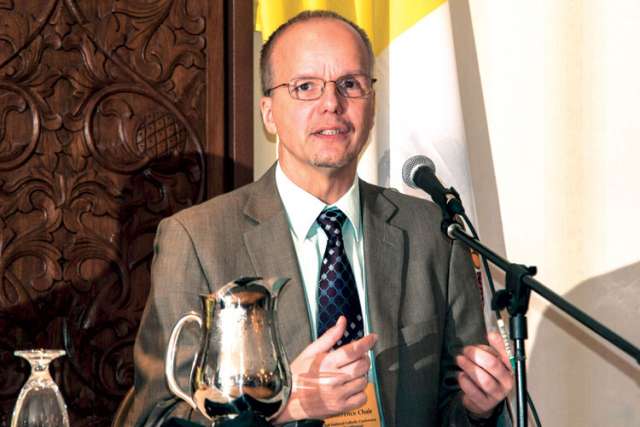In a dense, 8,000-word posting to the Canada Gazette web site, the government announced that for all classes of immigrants, refugees included, separate applications would have to be submitted for young adult children of families. All applicants passed their 19th birthday would be considered independent adults unless proven otherwise. In the case of refugee families, this means adult children must present their own reasons why they should be considered in need of Canada’s protection, even if their case and their family’s case are linked in the application process. According to the new rules, their parents’ eligibility is not a reason to consider the adult child eligible to come to Canada with them.
Previously, children up to the age of 22 were considered an integral part of the family, sharing the same reasons for seeking Canadian protection.
Chances that young people who have lived all or most of their lives as refugees can make that case to a Canadian immigration officer abroad are slim, said Office for Refugees Archdiocese of Toronto director Martin Mark. The daughters and sons left behind in refugee camps will be left in danger of rape, sexual exploitation and other forms of abuse, Mark said.
“The biggest problem in refugee settings is rape. If we leave these children behind…” Mark said. “This can really, really increase the risk of sexual abuse.”
Time spent in refugee camps has stretched from an average of five or six years 20 years ago to 20 years today. Many of the young applicants would have no independent memory of the events that led to becoming a refugee, said Mark.
Rules that undercut family unity are in conflict with the intentions of the 1951 United Nations Refugee Convention, which Canada signed that year, said Montreal immigration lawyer Rick Goldman.
At the conference where the Refugee Convention was finalized in 1951 the framers of the convention issued guidelines highlighting the importance of family unity.
“Considering that the unity of the family, the natural and fundamental group unit of society, is an essential right of the refugee, and that such unity is constantly threatened by a variety of measures relating either to admission to the receiving country or to other circumstances connected to the refugee’s life, the conference recommends government to take the necessary measures for the protection of the refugee’s family,” they said, July 24, 1951.
The UN guidelines stipulate that when the head of the family is considered a genuine refugee in need of protection, that protection should extend to the entire family.
“In many other cultures, especially single women cannot live on their own,” Goldman said. “They are extremely vulnerable, are supposed to be living with their parents, are subject to all kinds of threats on their person. This is very unfortunate.”
In the Middle East, Africa and most of Asia most young women do not leave home until they marry. Young women living alone are extremely rare and considered suspect in the community.
Goldman, who sits on the executive board of the Canadian Council for Refugees, finds it baffling that the government would include refugees in efforts to screen out independent adult children from mainstream immigration applications.
“It’s very unfortunate that a government that supposedly espouses family values is making this kind of frontal attack on something that all Canadians would view as family unity,” he said.
Even without the new rule there is a problem of refugee families breaking up when seeking to move to Canada, said Alexandra Kotyk of the Sponsorship Agreement Holders’ Association.
“This happens frequently. They don’t want to report all the family members because they know from their community that the more family members the less likely they are to be sponsored,” Kotyk said.
Citizenship and Immigration promulgated the new rules despite protests from refugee sponsoring organizations, said Kotyk.
“Absolutely, the community is very concerned because ultimately you want to make sure families stay together and offer people protection. And when you have these limitations in place it means you’re not able to do both things,” she said.
The Catholic Register contacted Citizenship and Immigration repeatedly in writing and by phone over more than 24 hours and received no reply.


